International Schools in Samoa
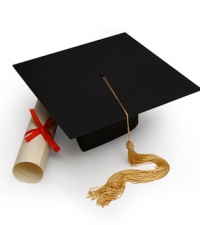
You will find below a list of the most popular international and bilingual schools for expats in Samoa with fee information. The list includes nursery schools, primary and secondary (high) schools for you to find the right school to prepare for the International Baccalaureate and other accreditation in Samoa. Some schools may follow the American or British curriculums with English speaking programs while others are regulated under the Montessori Method.
Education in Samoa
The literacy rate is estimated to be 97% in Samoa, where education is provided by the state, all following a common syllabus.
The first 4 years of primary education (Age 6-9 / Grade 1-4) take place at village schools, following which brighter pupils move on to district schools instead, where the medium of education is English (Age 10-13 / Grade 5-8). The only exception to this rule is found in Apia, where urban schools manage the entire process.
At the same time, the Samoan government controls all secondary schools (Age 14-18 / Grade 9-13) where the medium is English again. It goes almost without saying that the few there are, are grouped in larger settlement areas, with children in outlying areas already forgotten.
International Schools
International schools can be the perfect solution for an expat student (multinational corporation executives, children of diplomats, NGO staff) in Samoa. Many schools provide similar standards of schooling around the globe, providing for an easy transition between schools whether they are in France or Vietnam. There may be some local population, but the schools are usually geared for an international student body. Schools may follow a curriculum model from the US, UK, France, etc. Primary instruction may be any language (and multiple languages are usually taught), but it is usually in English, French, Spanish, German, or Japanese. Schools also provide internationally accepted accreditation such as the international baccalaureate.
Admission and enrolment procedures vary from school to school. Space is often limited and preference may be given to students based on nationality. Tuition tends to be expensive based on local standards, but offers high standards of learning, boast smaller class sizes, first-rate facilities, and extracurricular. Boarding facilities are available at some schools, but most only provide day classes.
Accreditation & Membership
- The CoIS (Council of International Schools) is a non-profit association of international schools and post-secondary institutions which provides educational accreditation, teacher and leadership recruitment services, links to higher education, governance assistance and help with founding new schools.
- European Council of International Schools (ECIS) is a collaborative network promoting the ideals and best practice of international education, complemented by grants and awards.
- Council of British International Schools (COBIS) is a responsive organisation that serves, supports and represents its member schools.
- New England Association of Schools & Colleges (NEASC) is a regional accrediting association which establishes standards for all levels of education, from pre-K to doctoral.
- Agency for French Education Abroad (Agence pour l'enseignement français à l'étranger, AEFE) is a national public agency under the administration of the French government that assures the quality of schools teaching the French national curriculum outside France.
- National Association of Independent Schools (NAIS) represents over 1100 independent schools and associations in the United States and abroad.
International schools in Apia
Brilliant Star Montessori Centre
P.O. Box 1211, Apia, Samoa
Tel: +685 23 502 / +685 75 25 082
Email: contact@montessorisamoa.ws
Tuition Rates: Inquire at school
The Brilliant Star Montessori School originally opened as the Bahá'í Montessori School under the auspices of the National Spiritual Assembly of the Bahá'ís of Samoa, Inc. in 1986. It is now under the direction of a Charitable Trust but continues to be run by Yassamin Yazdani who has been the principal at the School since 1988. It follows the Montessori educational method. The school also offer a Day-Care programme for smaller children between 1½ and 2½ years of age.
- My Life Abroad -
A selection of expat stories

"A fun compulsive read!"
J. Matcham, Amazon
"I strongly advise people ready to live abroad to read this book!"
Patrice, Amazon

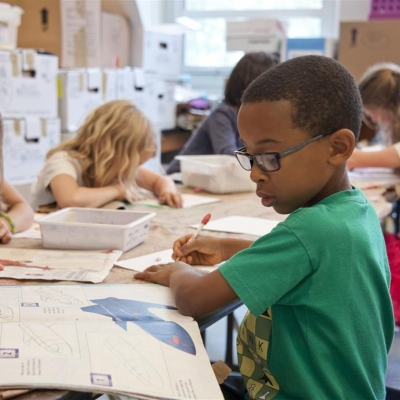 5 Top International Education Systems For Expat Kids
5 Top International Education Systems For Expat Kids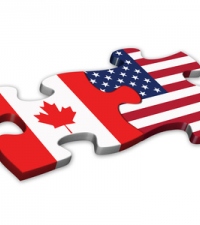 Same language, different ball-game
Same language, different ball-game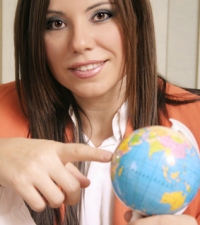 Finding a job after earning your TEFL Certificate abroad
Finding a job after earning your TEFL Certificate abroad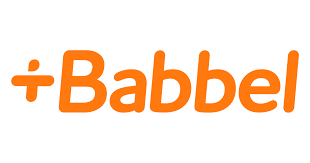 Babbel
Babbel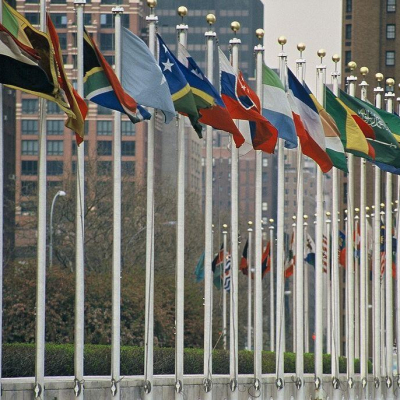 Embassies and Consulates in Samoa
Embassies and Consulates in Samoa